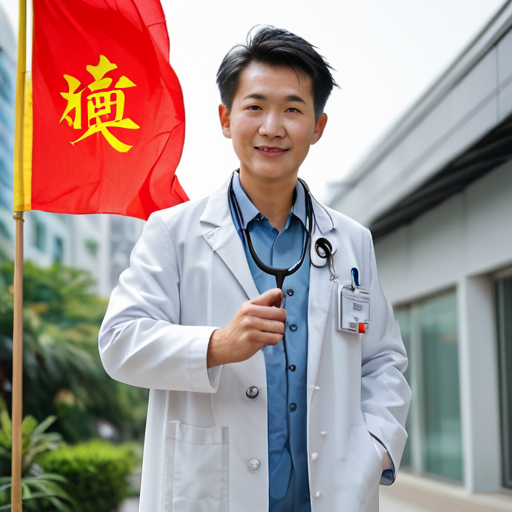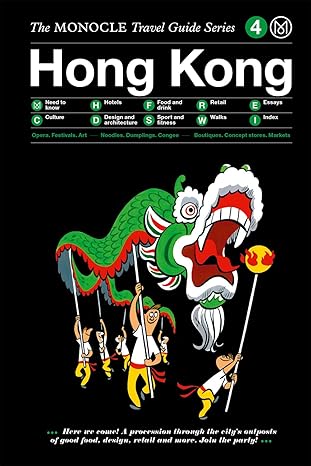As a senior medical advisor, I’ve compiled a list of the top 20 questions people ask when traveling to China, along with detailed answers to help you prepare for your trip.
- What vaccinations do I need for travel to China?
For most travelers, routine vaccinations such as MMR (measles, mumps, and rubella), DTaP (diphtheria, tetanus, and pertussis), and polio are sufficient. However, it’s recommended to consult with a healthcare professional about specific requirements, especially if you plan to visit rural areas or engage in outdoor activities.
- Is China safe for tourists?
Overall, China is considered a relatively safe country for tourists. However, petty crimes like pickpocketing and scams can occur, particularly in crowded cities like Beijing and Shanghai. Be mindful of your belongings and avoid carrying large amounts of cash.
- What are the common health concerns for travelers to China?
Common health concerns include:
- Respiratory infections (e.g., SARS-like coronaviruses)
- Food and waterborne illnesses (e.g., norovirus, E. coli)
- Water-borne diseases like cholera
- Malaria in some rural areas
- Heat-related illnesses
- Can I drink tap water in China?
No, it’s not recommended to drink tap water in China due to the risk of waterborne diseases. Stick to bottled or filtered water.
- What medical facilities are available for tourists in China?
Major cities like Beijing and Shanghai have modern hospitals with English-speaking staff, while smaller towns and rural areas may have limited medical facilities. It’s essential to purchase travel insurance that covers medical evacuation and has 24/7 emergency support.
- How do I get medical attention if I need it while traveling in China?
Many hospitals in major cities have international departments or can accommodate English-speaking patients. However, it’s crucial to research local healthcare options before arriving in China and to carry a list of key phrases (e.g., “I need help”) with you.
- Are there any specific medications I should take with me when traveling to China?
Consult with your doctor about taking any prescription medications, especially if they’re not readily available or may interact with local medications. It’s also essential to pack a personal medicine kit with essentials like pain relievers, antihistamines, and antibiotics.
- Can I bring medical equipment with me when traveling in China?
It’s best to check with your airline and the Chinese embassy for regulations on bringing medical equipment into the country. Some items may require special permits or have restrictions.
- What are the most common diseases that affect travelers in China?
Common diseases affecting travelers include:
- Hepatitis A
- Typhoid fever
- Malaria
- Dengue fever
- Zika virus
- Can I get vaccinated against COVID-19 before traveling to China?
COVID-19 vaccination requirements vary depending on the country, region, and individual circumstances. Check with your doctor or local health authorities for the latest information.
- How do I protect myself from mosquito-borne diseases while traveling in China?
Use insect repellents containing DEET or picaridin, wear long-sleeved clothing, and avoid areas with standing water to prevent mosquito bites.
- Are there any specific medications I should take for altitude sickness when traveling to high-altitude areas of China?
For travelers visiting Tibet, Xinjiang, or other high-altitude regions, it’s recommended to consult with your doctor about taking Diamox (acetazolamide) or other medications to alleviate altitude sickness symptoms.
- Can I get medical attention if I have a pre-existing condition while traveling in China?
Many hospitals and clinics have experience treating patients with pre-existing conditions. However, it’s crucial to research local healthcare options before arriving in China and to carry a list of key phrases (e.g., “I need help”) with you.
- What are the common allergens I should be aware of when traveling to China?
Common allergens include:
- Peanuts
- Tree nuts
- Fish
- Shellfish
- Milk
- How do I treat altitude sickness while traveling in China?
Symptoms of altitude sickness can range from mild headaches and fatigue to severe respiratory distress. Rest, hydration, and medication may help alleviate symptoms.
- Can I bring medical equipment with me that requires electricity?
It’s best to check with your airline and the Chinese embassy for regulations on bringing electronic medical devices into the country. Some items may require special permits or have restrictions.
- What are the most common food-borne illnesses in China?
Common food-borne illnesses include:
- Norovirus
- E. coli
- Salmonella
- Campylobacter
- Can I drink beer and other alcoholic beverages while traveling in China?
While it’s generally safe to consume beer and other alcoholic beverages in moderation, be mindful of local drinking customs, as excessive drinking can lead to health issues.
- How do I treat food poisoning when traveling in China?
Symptoms of food poisoning may include diarrhea, vomiting, stomach cramps, and fever. Rest, hydration, and medication (if necessary) can help alleviate symptoms.
- What are the essential items I should pack for a medical emergency while traveling in China?
Pack essentials like:
- Prescription medications
- Over-the-counter pain relievers and antihistamines
- Antibiotic ointments and creams
- First-aid kit with basic supplies (e.g., bandages, antiseptic wipes)
- Contact information for local hospitals and medical facilities
Remember to consult with your doctor or a travel clinic before your trip to discuss any specific health concerns and get personalized advice on traveling to China.
DISCLAIMER
The information provided is for general purposes only and should not be considered as professional advice. The responses are based on my training data and may not reflect the most up-to-date information or specific circumstances.
IMPORTANT MEDICAL INFORMATION
- Any medical information, guidance, or advice provided in this conversation should not be relied upon as the sole source of information for medical decisions.
- It is essential to consult with a qualified healthcare professional, such as a doctor or pharmacist, before making any changes to your treatment plan, medication, or lifestyle.
- If you have a pre-existing medical condition, are pregnant, or breastfeeding, please seek advice from your healthcare provider before seeking medical information online.
PRICE DISCLOSURE
- Prices mentioned in the responses are subject to change due to fluctuations in currency markets, inflation, or other economic factors.
- Any prices quoted are approximate and may vary depending on the time of booking, availability, and other factors.
- It’s essential to verify prices and any promotional offers with the relevant service providers before making a booking or purchase.
NO AFFILIATION
The information provided is for general purposes only and does not imply any affiliation, endorsement, or sponsorship with any products, services, or websites mentioned in this conversation.
By engaging with this conversation, you acknowledge that you have read and understood these disclaimers. If you have any further questions or concerns, please feel free to ask, and I’ll do my best to provide helpful and accurate information while maintaining the highest standards of medical responsibility and caution.
Book Title: The Monocle Travel Guide to Hong Kong Author: Monocle Publication Date: January 28, 2020 Hardcover Edition:
Summary: The Monocle Travel Guide to Hong Kong is a comprehensive guidebook that provides travelers with essential information and insights to help them navigate the city. This updated version of the guide includes new entries, revised hotel reviews, and fresh recommendations for food, drink, shopping, and more.
Introduction: Hong Kong, a Special Administrative Region of China, is a bustling metropolis known for its unique blend of East and West, rich history, and vibrant culture. From its iconic skyline to its stunning natural beauty, Hong Kong has something for everyone. This guidebook aims to help travelers make the most of their time in this fascinating city.
Book Structure: The guide is divided into several sections:
- Hong Kong Essentials: A concise introduction to the city’s history, culture, and must-visit attractions.
- Places to Go: A comprehensive list of top hotels, restaurants, bars, and experiences, including new entries and revised reviews.
- Shopping: Expert advice on where to shop for luxury goods, unique gifts, and local souvenirs.
- Food and Drink: A guide to the best places to eat, drink, and enjoy local cuisine, from street food to high-end restaurants.
- Travel Tips: Practical advice on getting around, transportation, and navigating the city.
New Features in the Updated Version:
- Revised hotel reviews and new entries
- Fresh recommendations for food, drink, shopping, and experiences
- Additional information on new attractions, events, and festivals
- Up-to-date information on transportation, including improved cycling infrastructure
What to Expect: This guidebook is designed to provide readers with a comprehensive understanding of Hong Kong’s diverse culture, history, and attractions. Whether you’re a first-time visitor or a seasoned traveler, The Monocle Travel Guide to Hong Kong offers insider knowledge and expert advice on how to make the most of your time in this incredible city.
Target Audience: This guidebook is intended for travelers seeking an authentic and engaging experience in Hong Kong. Whether you’re interested in history, culture, food, or shopping, The Monocle Travel Guide to Hong Kong provides valuable insights and recommendations to help you navigate the city like a local.


